All Formats & Editions

An Enquiry concerning Human Understanding (Oxfo...
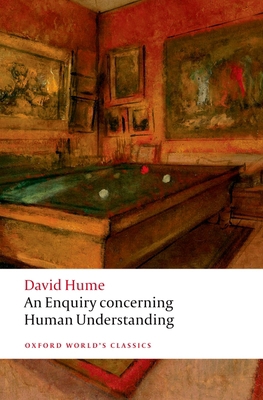
An Enquiry Concerning Human Understanding
David Hume's Enquiry concerning Human Understanding is the definitive statement of the greatest philosopher in the English language. His arguments in support of reasoning from experience, and against the "sophistry and illusion"of religiously inspired philosophical fantasies,...

An Enquiry Concerning Human Understanding
David Hume's An Enquiry Concerning Human Understanding is a seminal work of philosophical inquiry. Spanning a range of topics, from the nature of causation to the origin of morality, Hume challenges readers to examine the limits of human knowledge and understanding. He lays out...

Enquiry Concerning Human Understanding
An Enquiry concerning Human Understanding is a book by the Scottish empiricist philosopher David Hume, published in 1748. It was a simplification of an earlier effort, Hume's A Treatise of Human Nature , published anonymously in London in 1739-40. Hume was disappointed with the...
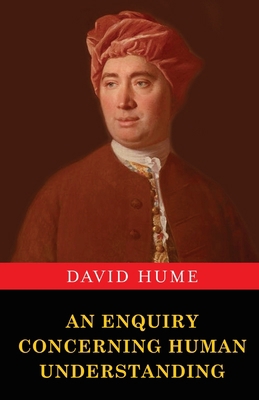
An Enquiry Concerning Human Understanding
Controversial and widely debated since its publication, An Enquiry Concerning Human Understanding is a classic of empiricist philosophy whose questions remain as relevant today as ever. Philosopher David Hume was considered to be one of the most important figures in the age of...
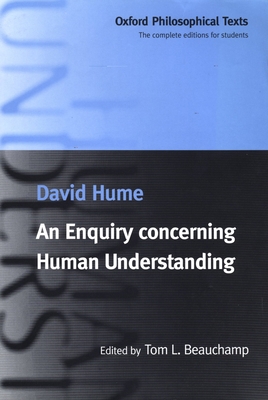
An Enquiry Concerning Human Understanding
The Oxford Philosophical Texts series consists of truly practical and accessible guides to major philosophical texts in the history of philosophy from the ancient world up to modern times. Each book opens with a comprehensive introduction by a leading specialist which covers...
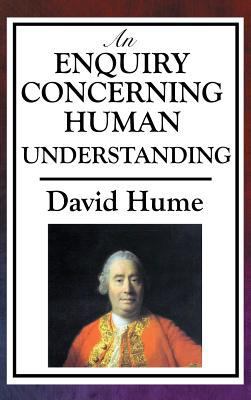
An Enquiry Concerning Human Understanding
David Hume's An Enquiry Concerning Human Understanding was a simplification of an earlier effort, Hume was disappointed with the reception of the Treatise of Human Nature He felt that if "fell dead-born from the press," as he put it, and so tried again to disseminate his ideas...

An Enquiry Concerning Human Understanding
An Enquiry Concerning Human Understanding is a work by the Scottish empiricist philosopher David Hume, published in English in 1748. It was a revision of an earlier effort, Hume's A Treatise of Human Nature, published anonymously in London in 1739-40.
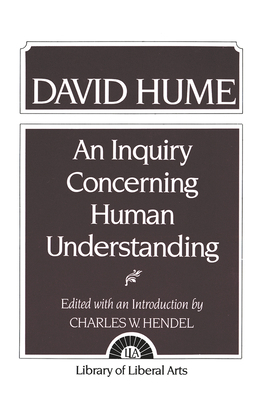
An Inquiry Concerning Human Understanding
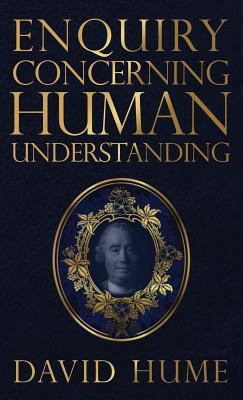
Enquiry Concerning Human Understanding
David Hume penned this enquiry in the 1700s, anticipating many of the arguments of skeptics, empiricists, and atheists by centuries. His arguments against miracles and whether or not human testimony provides sufficient evidence for belief in them are raised to the present...
![INVESTIGACION SOBRE EL CONOCIMIENTO HUMA [Spanish] 8420617873 Book Cover](https://m.media-amazon.com/images/I/41v4dSQnw-L._SL500_.jpg)
INVESTIGACION SOBRE EL CONOCIMIENTO HUMA [Spanish]
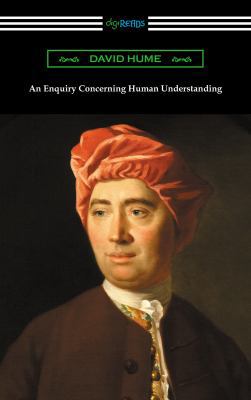
An Enquiry Concerning Human Understanding (with...
Disappointed by the public reception to "A Treatise of Human Nature", published anonymously between 1739 and 1740, David Hume decided to produce a shorter more polemic version of that work nearly ten years later. That revision, which was published in 1748, would be entitled...
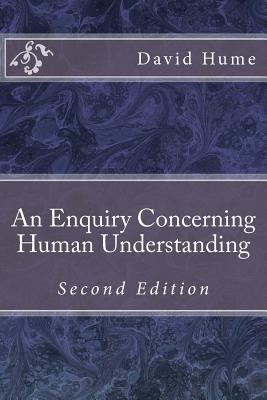
An Enquiry Concerning Human Understanding: Seco...
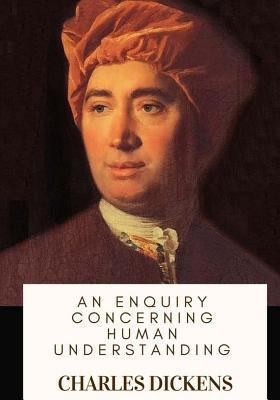
An Enquiry Concerning Human Understanding
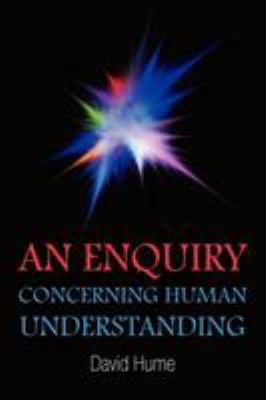
An Enquiry Concerning Human Understanding
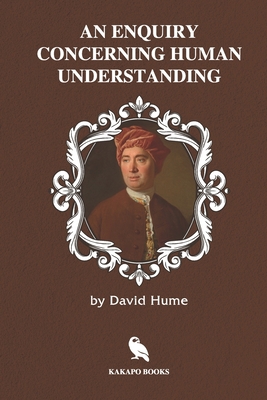
An Enquiry Concerning Human Understanding (Illu...
A PHILOSOPHICAL CLASSIC
An Enquiry Concerning Human Understanding is a celebrated philosophical work. It has inspired many subsequent philosophers, such as Immanuel Kant.
DETAILS:
Includes Illustrations of the Author and His Life
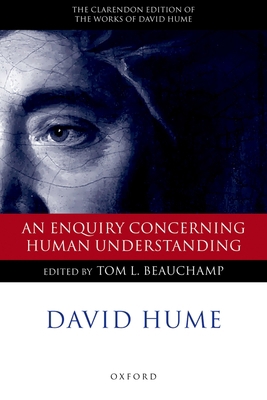
An Enquiry Concerning Human Understanding: A Cr...
This is the first new scholarly edition this century of one of the greatest works in the history of philosophy, David Hume's Enquiry concerning Human Understanding. It is the third volume of the Clarendon Hume Edition, which will be the definitive edition for the foreseeable...
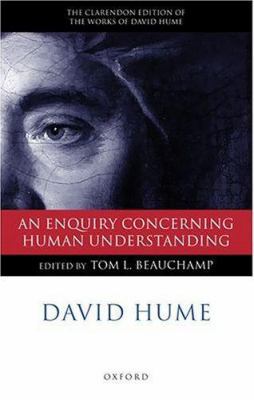
An Enquiry Concerning Human Understanding
This is the first new scholarly edition this century of one of the greatest works in the history of philosophy, David Hume's Enquiry concerning Human Understanding. It is the third volume of the Clarendon Hume Edition, which will be the definitive edition for the foreseeable...
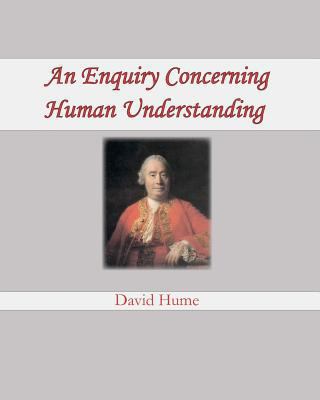
An Enquiry Concerning Human Understanding
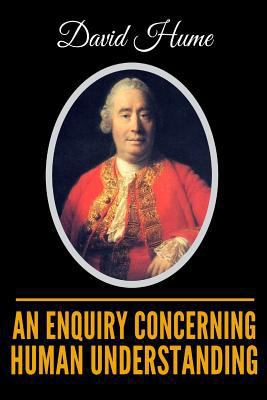
An Enquiry Concerning Human Understanding
Man is a reasonable being; and as such, receives from science his proper food and nourishment: But so narrow are the bounds of human understanding, that little satisfaction can be hoped for in this particular, either from the extent of security or his acquisitions. Man is a sociable,...
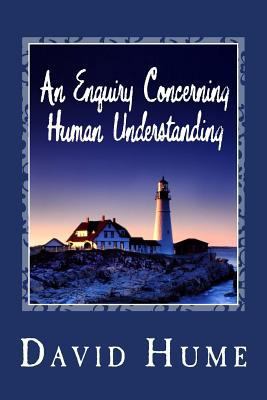
An Enquiry Concerning Human Understanding
After his three-volume Treatise of Human Nature dropped like a rock to the bottom of the pool of British philosophic writing, Hume set out to write a briefer, more accessible version -- the Enquiry concerning Human Understanding. One of the early points it makes is that most...
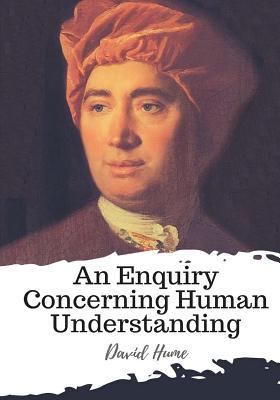
An Enquiry Concerning Human Understanding
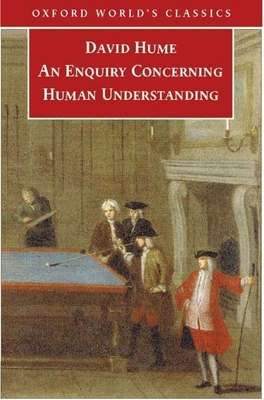
An Enquiry Concerning Human Understanding
'Commit it then to the flames: for it can contain nothing but sophistry and illusion.' Thus ends David Hume's Enquiry concerning Human Understanding, the definitive statement of the greatest philosopher in the English language. His arguments in support of reasoning from experience,...

An Enquiry Concerning Human Understanding: A Le...
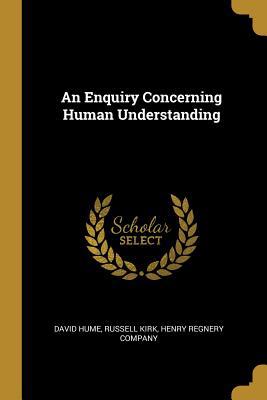
An Enquiry Concerning Human Understanding
This work has been selected by scholars as being culturally important, and is part of the knowledge base of civilization as we know it. This work was reproduced from the original artifact, and remains as true to the original work as possible. Therefore, you will see the original...



